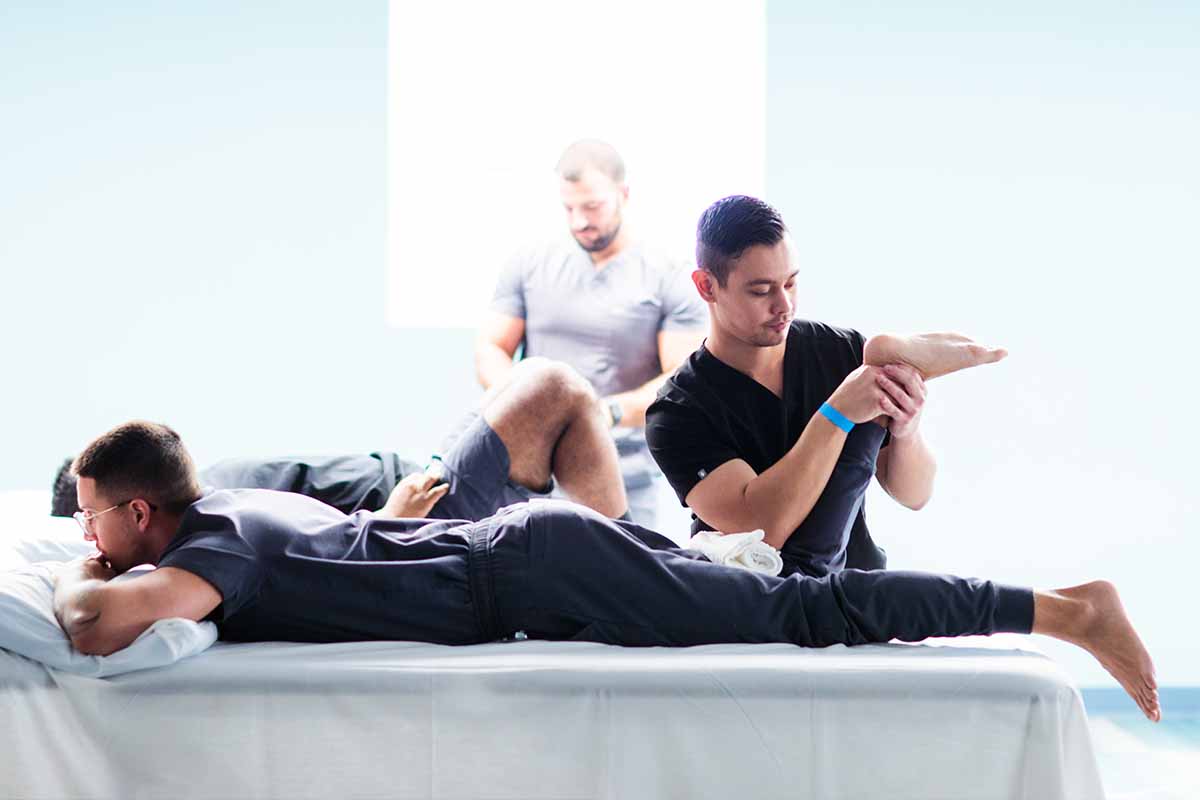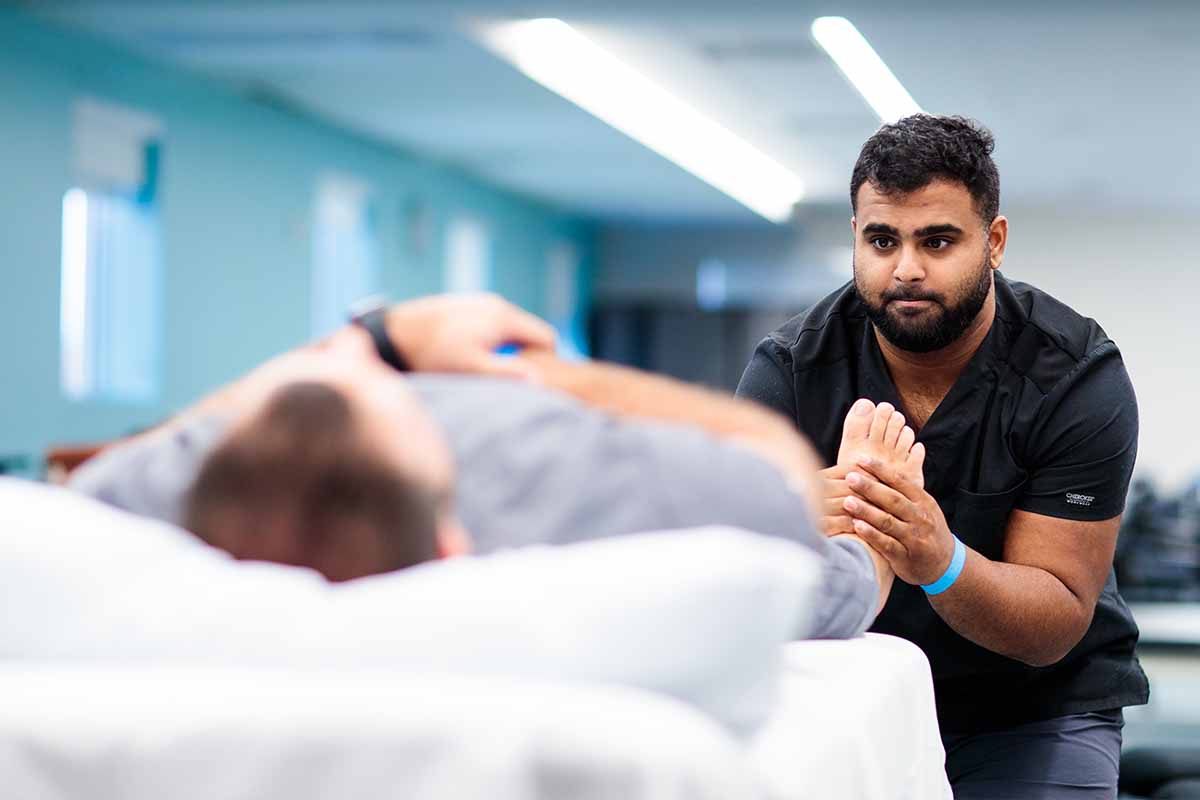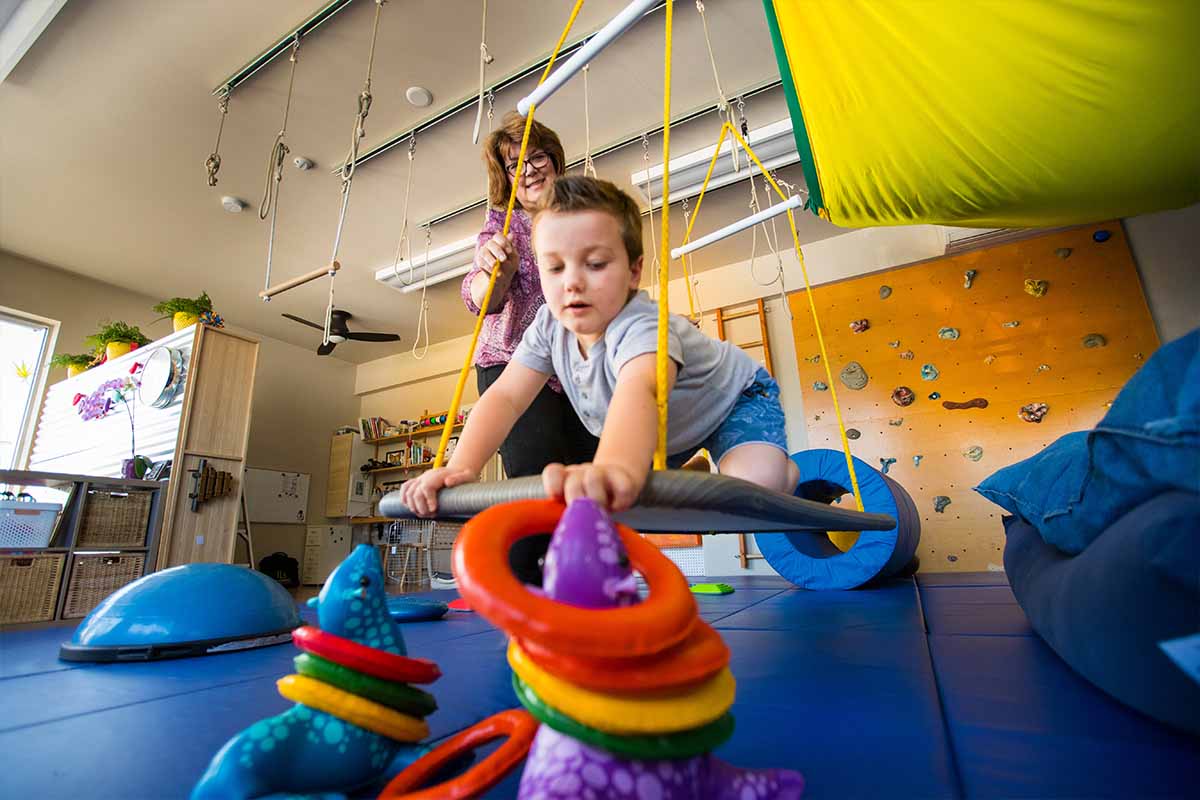
Originally published on Capital Analytics Associates
October 2024 — In an interview with Invest:, Vivian Sanchez, chancellor and CEO of the University of St. Augustine for Health Sciences, shared how the institution prioritizes diversity in student and faculty recruitment, why making education more affordable is crucial, and its commitment to community health through establishing pro bono clinics and other initiatives.
What have been some major highlights over the past 12 months for the university?
The University of St. Augustine for Health Sciences (USAHS) is a unique institution, solely focused on graduate health sciences. Founded in St. Augustine, our heritage campus has made an indelible mark in Florida for over 40 years. We have grown to become the largest provider of graduate degrees in Physical Therapy (PT), Occupational Therapy (OT), and now one of the largest in Speech-Language Pathology (SLP), all within the field of rehabilitative sciences. Recently, we have expanded into nursing to address critical needs in the healthcare sector.
Our impact lies in identifying and addressing gaps in the market. We move into areas where there are shortages of practitioners and significant needs for clinical expertise. This targeted approach has driven our national expansion. After establishing our roots in St. Augustine, we expanded to San Marcos in Southern California, then Austin, Texas, Miami, Florida, and most recently, Dallas, Texas. Each move is strategic, aiming to respond and fill essential gaps in the market and enhance healthcare delivery in those regions.
What areas of healthcare services do you see as having the greatest potential for growth and impact at the university?
Our focus is on filling critical gaps in the healthcare market and addressing the evolving needs of our students. In Florida, particularly, we have taken several steps to respond to these needs effectively.
Firstly, we have restructured many of our programs to address the rising costs of education. Our goal is to get students out into the market sooner and faster. This means shortening and accelerating our programs, while still maintaining the quality and credibility of our offerings, that enable students to complete their education quicker and start their careers earlier.
We have also adapted our program delivery methods to better suit today’s students. The demographics and preferences of students have changed significantly, especially after COVID-19. Many students now prefer online or hybrid learning models, allowing them to stay closer to home and save money. We are offering part-time programs and more flexible learning modalities to accommodate and respond to these preferences.
The demand for healthcare practitioners in Florida is enormous. In terms of demand versus clinicians, Florida ranks at the bottom of the United States. To address this, we have identified two significant gaps: speech-language pathology and nursing. This is why we are launching a Speech-Language Pathology program at our St. Augustine campus, which is crucial given the state’s needs. This program not only brings in students but also attracts faculty clinicians who thrive in this environment, enhancing the overall educational experience. We have also introduced new nursing programs, like a Psychiatric Mental Health Program, to further fuel Florida’s healthcare pipeline and address workforce-related gaps that this state faces.
By being responsive to market needs and student preferences, we aim to continue making a significant impact in the healthcare sector.


What are the institution’s contributions to community health and well-being in the region?
We also operate a number of pro bono clinics on our St. Augustine campus, which provide services from pediatrics to adult care, covering a wide range of issues from orthopedic to neurological disorders and treating conditions like Parkinson’s disease and Multiple Sclerosis (MS).
With the introduction of Speech-Language Pathology, we are now extending our pro bono services to include this field as well. These services will be offered via telehealth to address mobility issues, ensuring patients who cannot easily come to the St. Augustine campus still receive the care they need. This is a significant milestone for us, as it not only allows students to gain practical experience and brings in expert faculty, but it also enhances our existing pro bono efforts. This expansion in our pro bono services, particularly in speech-language pathology, is something I am truly excited about.
What are some of St. Augustine’s initiatives to address the mental health crisis?
The mental health crisis is an issue often underscored in the healthcare market. Recognizing this critical need, the University of St. Augustine for Health Sciences recently introduced a mental health nurse practitioner program with a specialization in psychiatric mental health. Our current family nurse practitioner degree now expands to include this specialized master’s program. The response from both students and our clinical partners has been overwhelmingly positive, expressing a clear need for this support.
Programmatically, there is a strong sense of accomplishment in what we have achieved. Our community services, particularly through our pro bono clinics, along with the launch of this mental health specialization, demonstrate the University of St. Augustine for Health Sciences’ commitment to addressing the pressing needs of our community.
With the new campus in St. Augustine set to open in late 2024, how do you envision this facility enhancing the university’s capabilities and student experiences?
The St. Augustine campus is our heritage campus, so we decided to invest in it and expand the property to further fill practitioner gaps and address the diverse needs of hospitals and healthcare facilities in the St. Augustine area. The St. Augustine Record, a local newspaper, was looking to sell their property which consisted of a sacred historical building that was a staple in the St. Augustine community. To continue its legacy and story, we purchased the building to restore and expand it. The magnitude of this restoration and expansion is significant, with $73 million invested and construction finishing by the end of this year. Our new facility, incorporating the St. Augustine Record building, will be a 120,000-square-foot, U-shaped building. We will start teaching there in the first quarter of 2025.
As an innovative university, we are not graduating just any clinicians. We are committed to graduating the leaders of tomorrow. This new building aligns with our university’s identity and heritage, allowing us to create an environment that fosters leadership and excellence in healthcare.


What role do you see emerging technologies playing in the future of medical education and patient care at St. Augustine?
Our students are technologically savvy. We equip them with hands-on skills using state-of-the-art tools and equipment including simulation labs, double robots, 3D printers, and adaptive technologies that empower our students to serve their patients effectively. Our campus serves as an innovation hub, allowing us to push the boundaries of healthcare education.
With the expansion of the St. Augustine campus, we can enhance our offerings even further, providing students with an unparalleled learning experience. They will be able to graduate not only with technical skills but also with a unique perspective on leading healthcare into the future. Our investment in St. Augustine is not just about the local community, it is also about driving innovation in healthcare nationwide through our national platform.
What strategies are you developing to address enrollment decline and attract new demographics?
Our philosophy is something I am deeply proud of. We believe in graduating students who truly represent the diverse range of patients they will serve. Nearly 50% of our students come from diverse ethnic and racial backgrounds, and an impressive 73% of our students are women, further enriching the diversity of perspectives in our programs. We recruit students with diverse backgrounds, and this goes back to identifying and filling the gaps. We want clinicians who understand different ethnicities and racial groups, and effectively serve them.
Our commitment to diversity extends to our faculty, who undergo our doctoral education programs to ensure they are equipped to support our diverse student body effectively. By recruiting students with varied backgrounds, we ensure that our clinicians can understand and serve patients from all walks of life.
Moreover, we offer degrees that are not just relevant but also adaptable to the evolving needs of students and healthcare. For example, we have developed pathways that allow registered nurses to progress directly to a Master’s in Nursing and occupational therapy assistants to pursue a master’s degree. This agility and responsiveness to market demands set us apart from other graduate universities.
How would you analyze the progress made in keeping higher education affordable for students?
We have also made significant updates to our scholarship program, recognizing the importance of addressing the cost of obtaining a degree. When considering the cost, it is crucial to factor in not only tuition but also the potential for students to secure high-paying jobs post-graduation.
This year alone, we are proud to announce that we will be awarding an additional $7.3 million in scholarships. This substantial investment underscores our commitment to supporting our students, ensuring that financial barriers do not hinder their educational pursuits. Moreover, these scholarships are designed to benefit students from diverse backgrounds, furthering our goal of fostering inclusivity within our community.
For more information, please visit:










